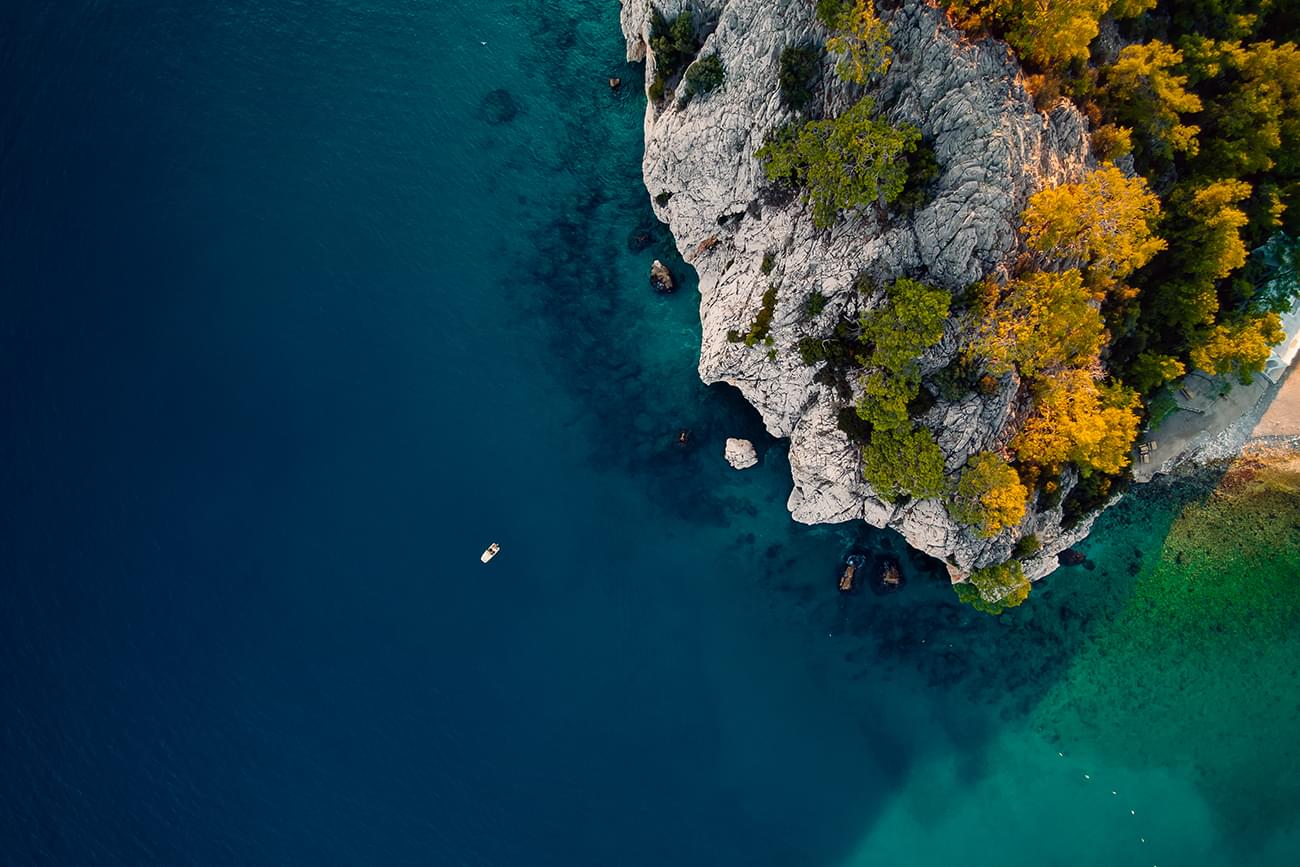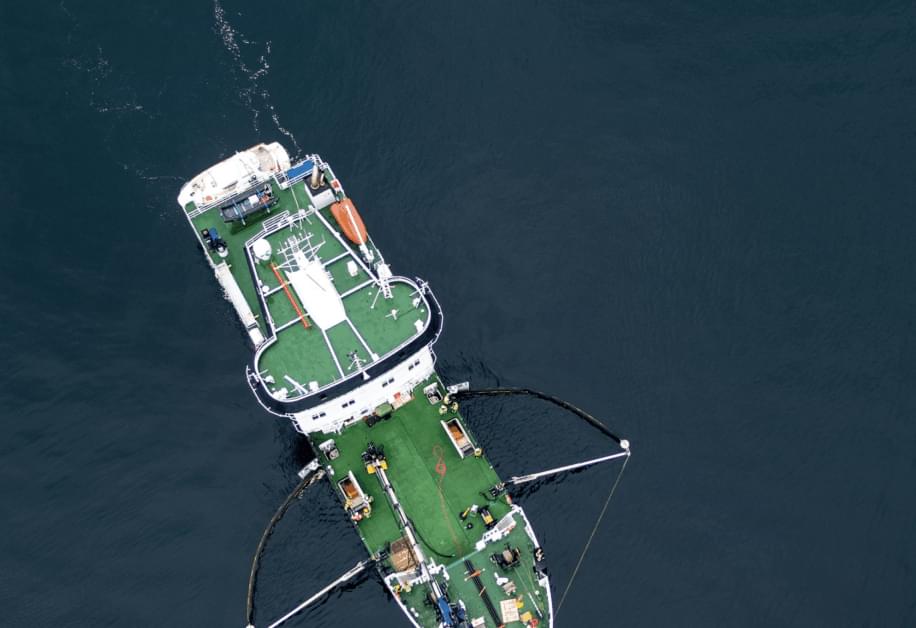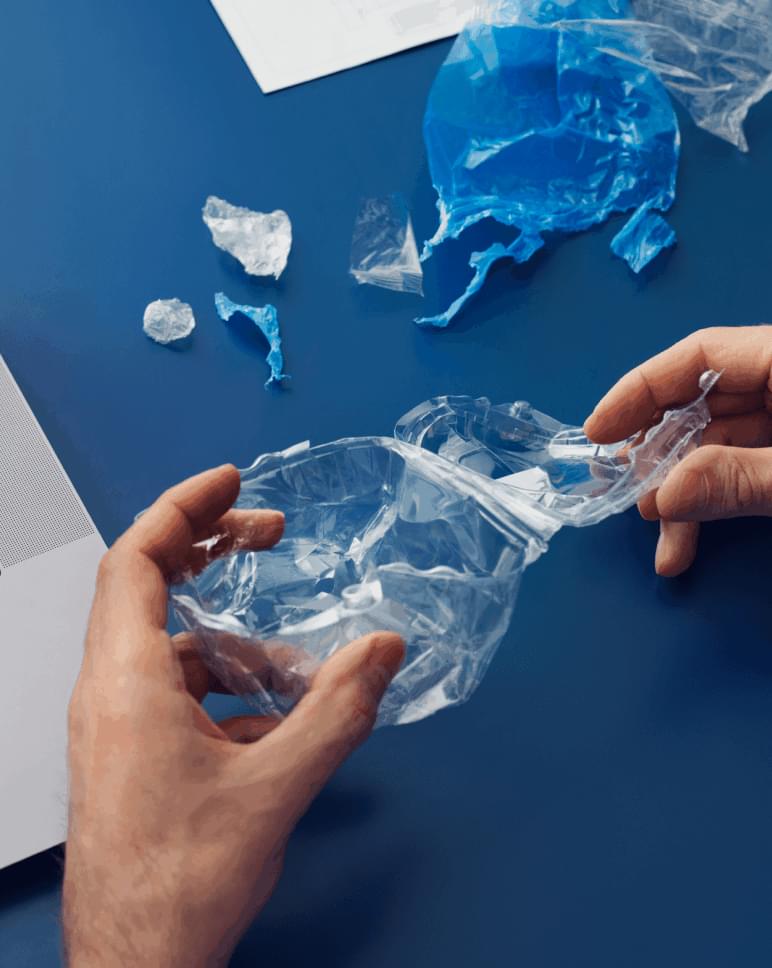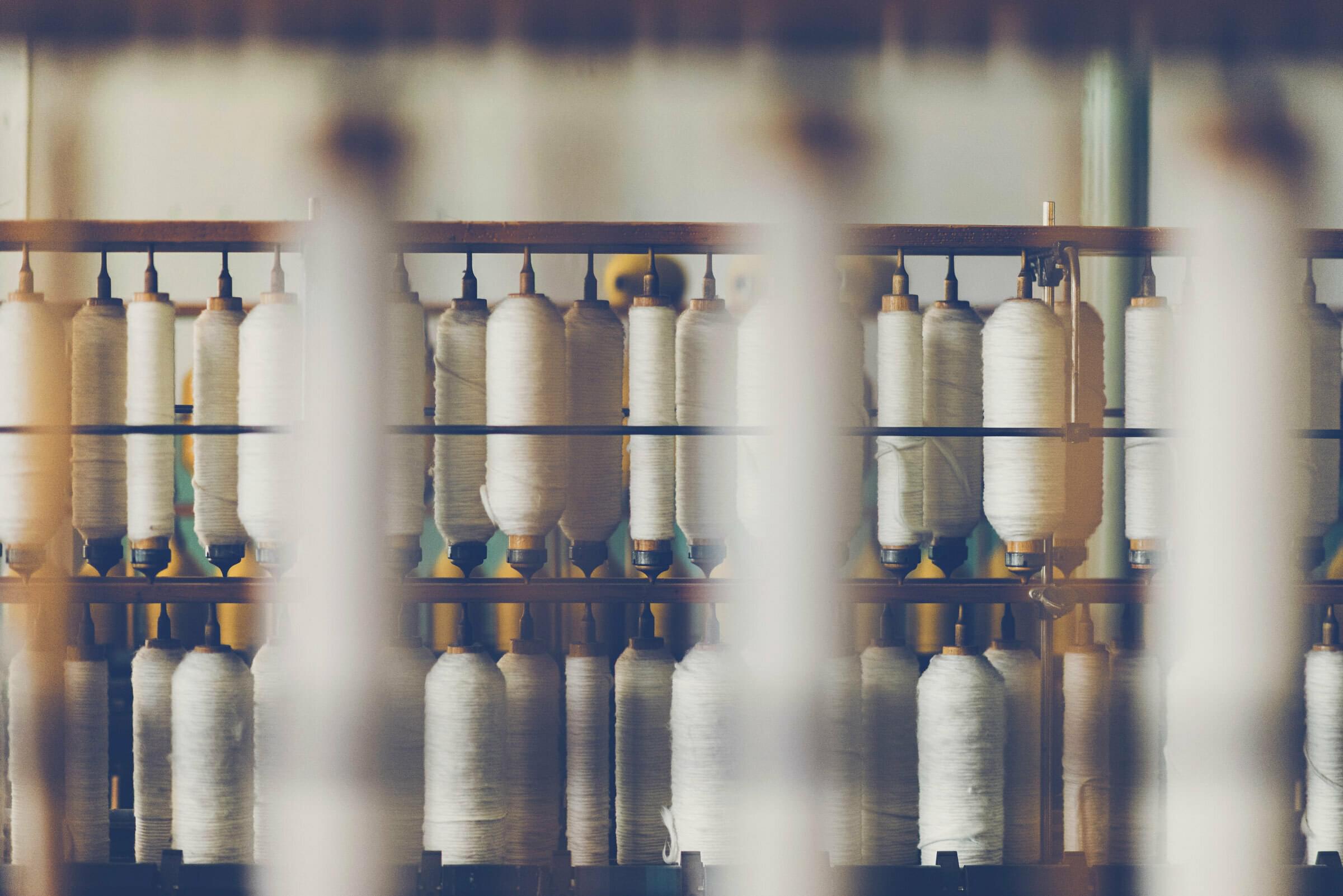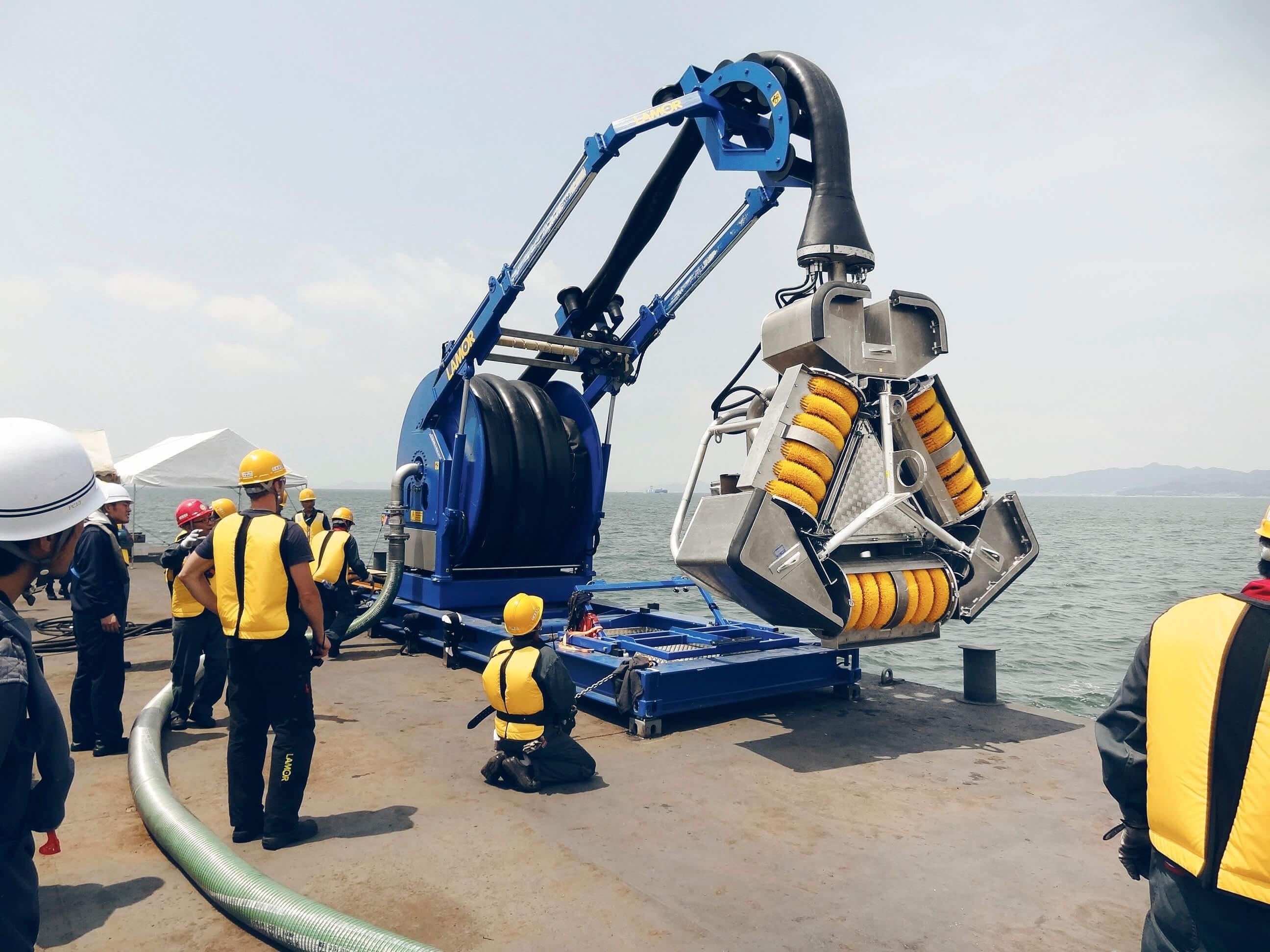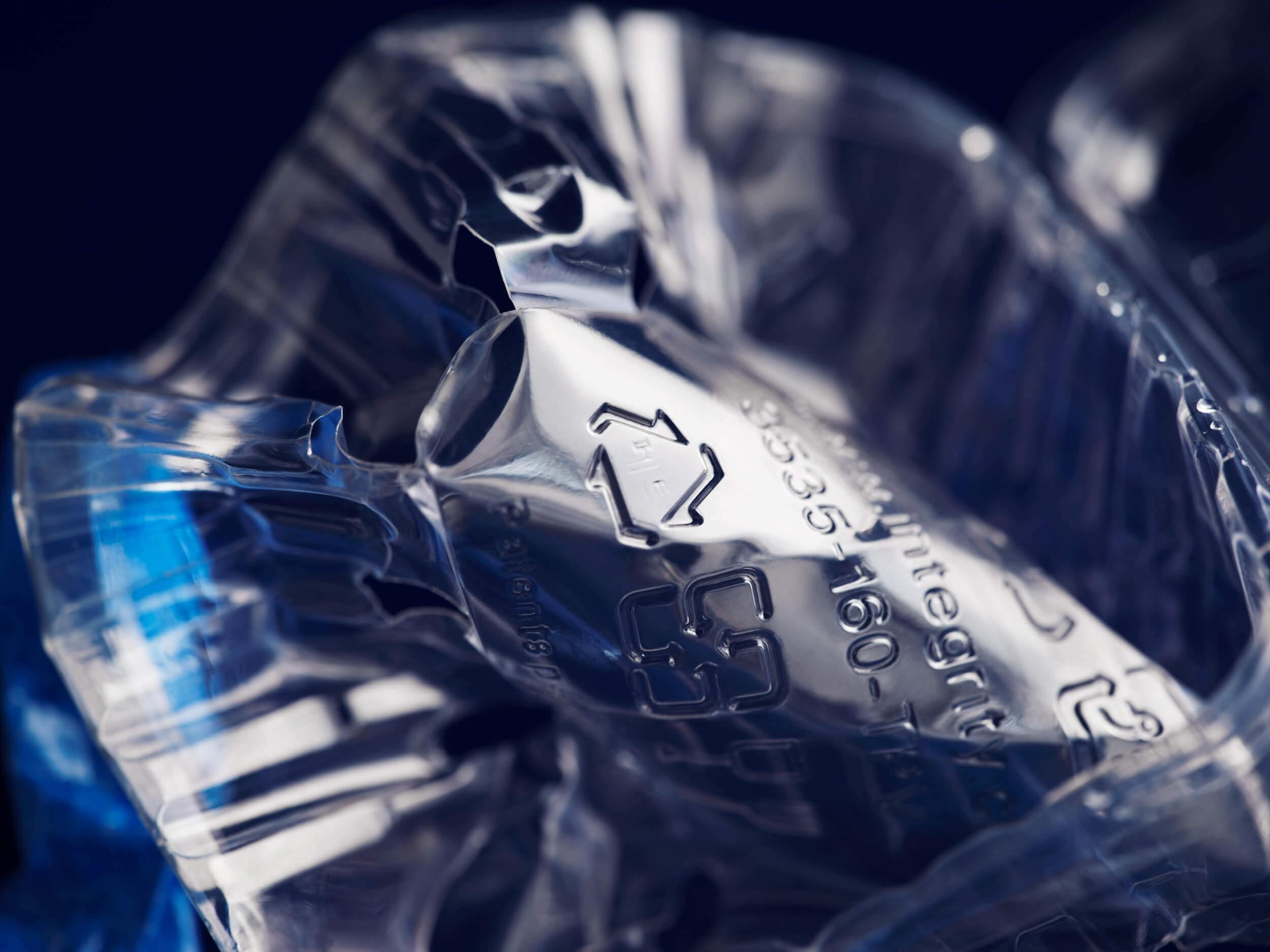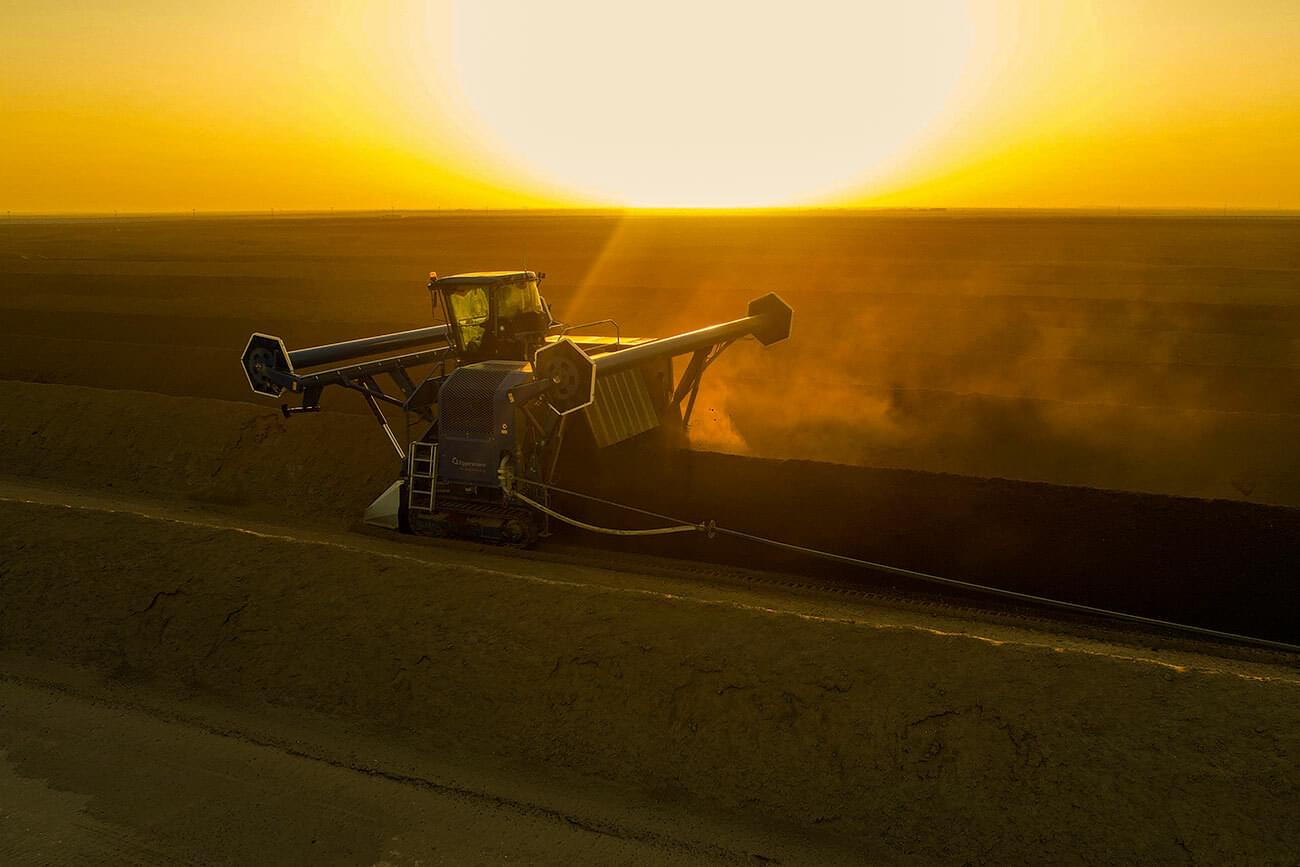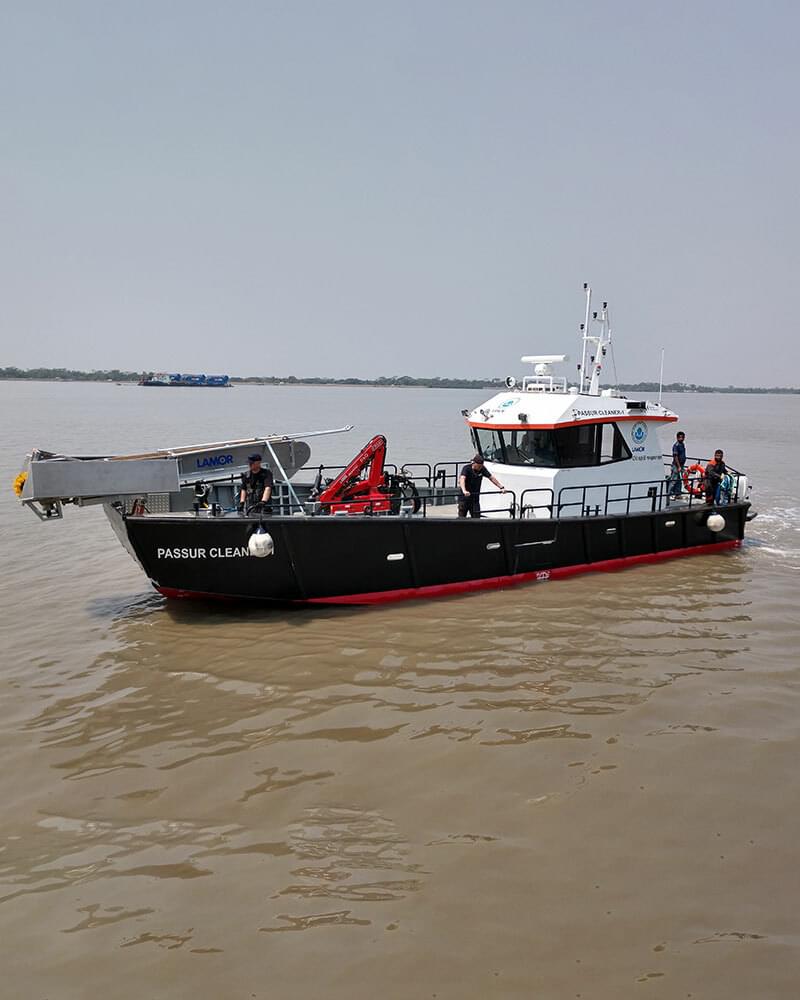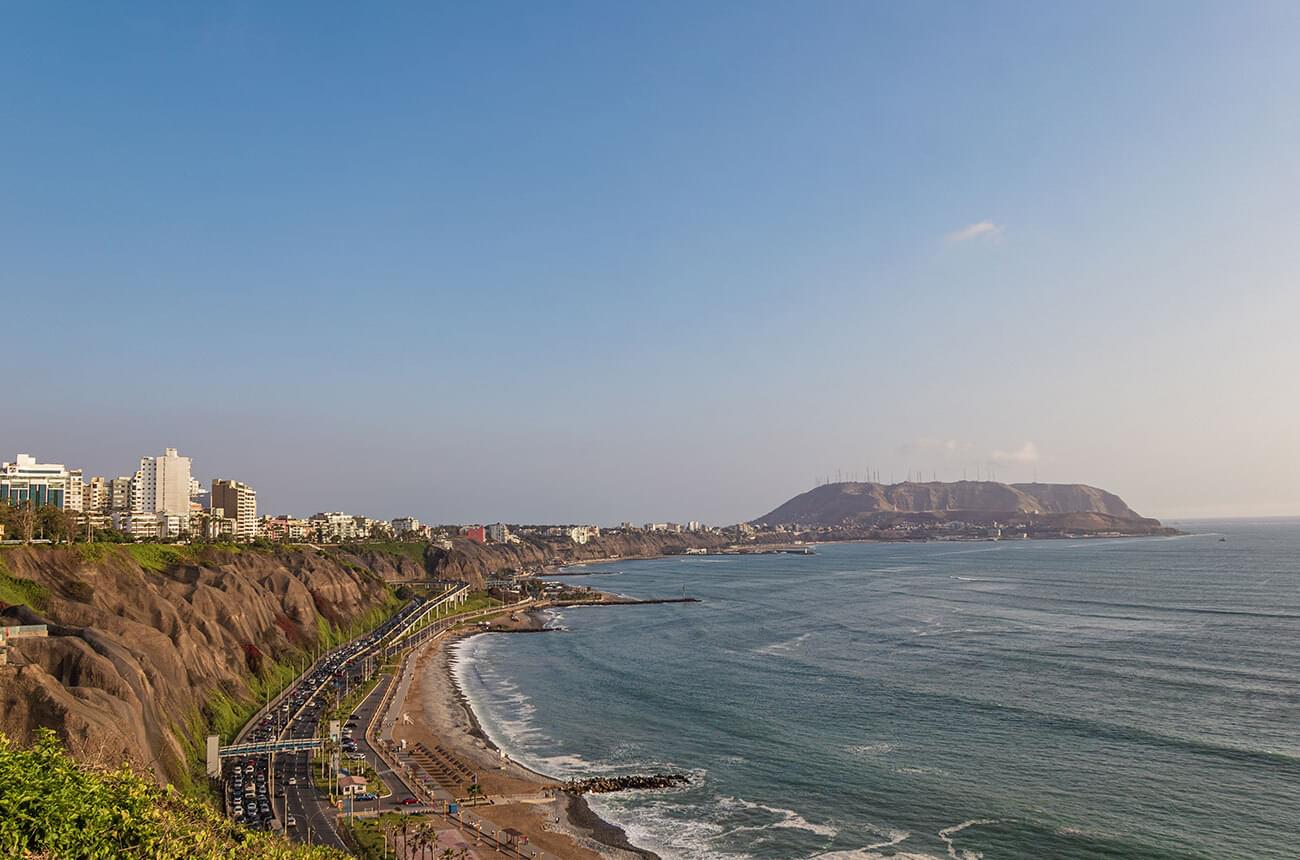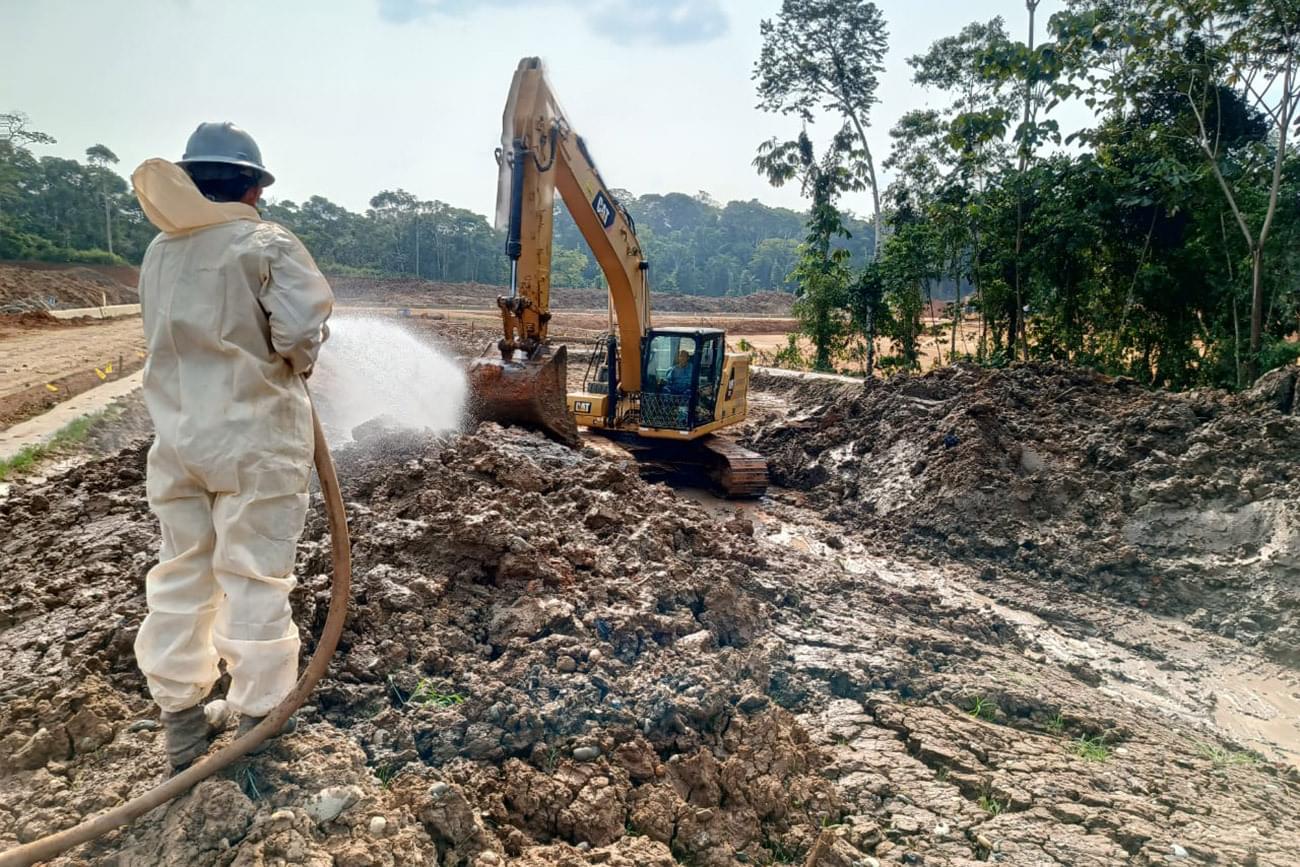Mongla Port in Bangladesh to install Lamor's waste management solutions for MARPOL compliance
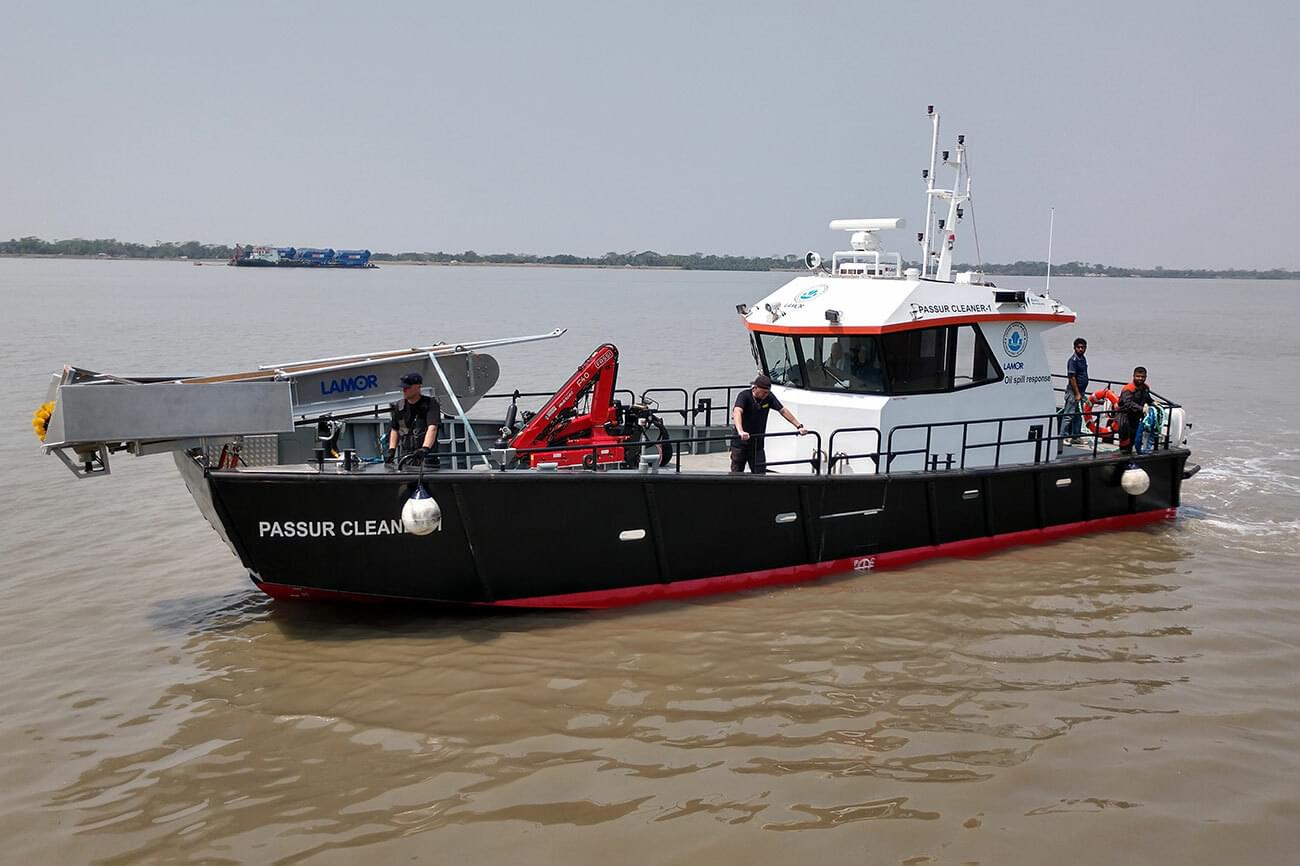
The impact of ocean-going vessels on marine pollution has become a growing concern due to the various types of waste they generate. To address this issue, Bangladesh has signed the MARPOL Convention of 1973, which mandates all maritime ports to have proper waste collection, reception, and treatment facilities. This measure aims to combat marine pollution and preserve the ocean's delicate ecosystem.
Challenge
Ocean-going vessels produce various liquid and solid waste during their overseas voyages, including onboard sewage, garbage, bilge water, oily slops, and other liquid waste from daily operations, which may contain oil products and other types of oil.
The MARPOL Convention of 1973, which Bangladesh signed, mandates that all maritime ports must be equipped with appropriate waste collection, reception, and treatment facilities to combat marine pollution.
"The International Convention for the Prevention of Pollution from Ships, 1973 – Marpol Convention Annex I – Regulation 38 – Reception facilities state the Government of each Party to the present Convention undertakes to ensure the provision at oil loading terminals, repair ports, and in other ports in which ships have oily residues to discharge of facilities for the reception of such residues and oily mixtures as remain from oil tankers and other ships adequate to meet the needs of the ships using them without causing undue delay to ships."
Solution
In response to the challenge, the MARPOL Convention mandated suitable waste collection, reception, and treatment facilities for all maritime ports, including Mongla Port. At Mongla Port, an estimated 27,460 tons of MARPOL waste is generated annually, with oily waste accounting for up to 89%.
Since the adoption of MARPOL, global environmental and societal awareness has grown and developed. This development has introduced new concepts for managing operations in an environmentally sensitive and responsible way. Many shipping companies and port authorities have implemented environmental management systems that ensure that their operations are conducted in an environmentally sound manner.
Frequently, environmental objectives are set to facilitate the ongoing improvement, year on year, in terms of a company's environmental impact. Coupled with this is a growing desire to incorporate the principles of sustainability alongside that of corporate and social responsibility.
Keeping the seas and oceans clean should be seen as the overriding obligation for using and providing Port Reception Facilities (PRFs). MARPOL includes regulations to prevent and minimize pollution from ships – both accidental pollution and from routine operations. The basis for providing and using PRFs is incorporated in the Annexes of MARPOL and implementing laws and regulations of States Parties.
The Bangladesh government's proactive solution is to install a state-of-the-art Port Reception Facility (PRF) using specialized European technologies for processing emulsion, water, and sediment separation. A biotreatment system with two reactors will be utilized for processing sewage, ensuring proper water discharge into the river. Solid waste that could not be recycled locally will be incinerated alongside waste from other treatment units within the PRF to minimize environmental impact.
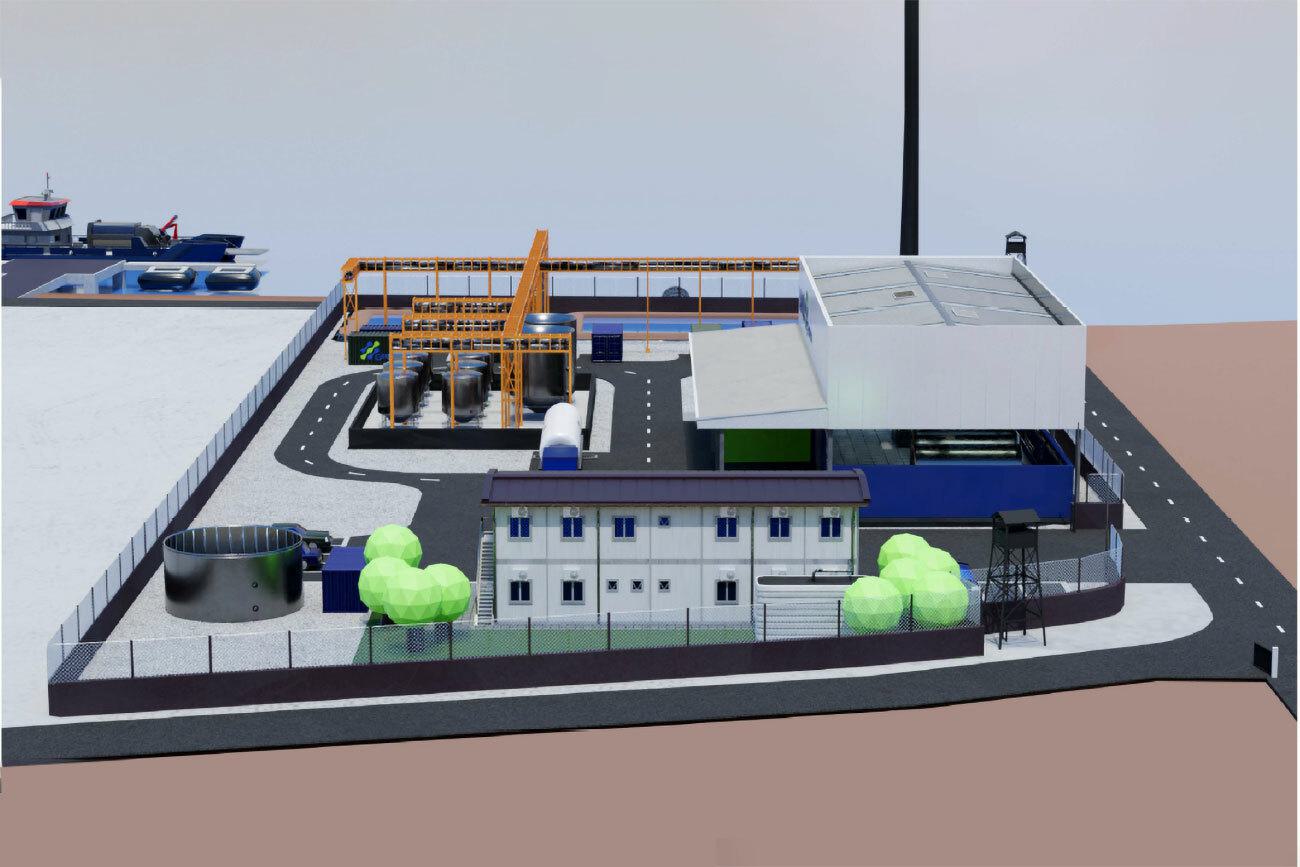
Mongla Port (MPA) is the first port in Bangladesh to invest in the latest European PRF technologies and have them installed at a new location within the port by 2024. MPA is also acquiring a specialized MARPOL collection vessel from Finland to transfer all kinds of waste produced on board vessels that come into the port to this unique PRF operation. This will have a tremendous impact on protecting the local environment, especially in the sacred World Heritage site of the surrounding beautiful Sundarbans, says Stephen Reilly, Vice President Global Business.

Impact
The MARPOL Annex V Solid waste that cannot be recycled locally will be incinerated inside the PRF facility at MPA. The treated water will meet European standards and will be able to be released into rivers.
The PRF operations will help preserve this delicate ecosystem by reducing the impact of vessel waste on the environment and preserving the Sundarbans which is a unique and beautiful World Heritage site that is home to a diverse range of flora and fauna, including the endangered Bengal tiger.
Watch videos
Lamor's Marpol port reception facility for Mongla port, Bangladesh
Lamor x Greenflow, establishment plans of Port reception facility at Mongla port, Bangladesh
Stay in the know
Sign up for our newsletter to learn more about innovations enabling the survival of our dear planet.

